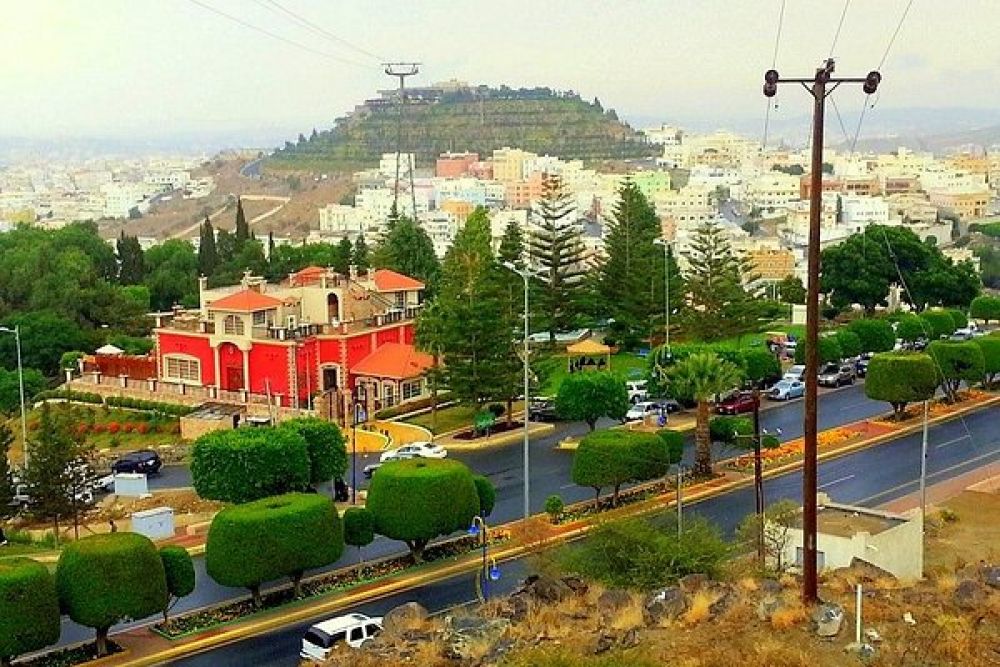

The city of Abha, situated in the Asir Province of Saudi Arabia, has a rich and varied history marked by ancient traditions and a remarkable natural setting. Its development into a modern tourist destination is relatively recent and correlates with the broader efforts of the Saudi government to promote tourism as part of Vision 2030, an initiative to reduce the country's dependence on oil and diversify its economy.
The history of tourism in Abha goes back to the times when it was mainly a stopping point for pilgrims and traders. Its cool climate, thanks to its high elevation, made it a favorite summer destination for residents of Saudi Arabia’s hotter regions. However, it wasn't until the establishment of the Kingdom of Saudi Arabia and the subsequent development of the modern state that Abha began to realize its tourism potential.
In the late 20th and early 21st centuries, the Saudi government began to take tentative steps toward developing the country's tourist industry. Abha's tourism offerings started to grow during this period, with the development of local infrastructure and the promotion of its cultural heritage sites, such as the traditional mud-walled houses and historical forts that dot the region. However, it was still mostly domestic tourism from within the Kingdom.
The real transformation in Abha's tourism sector began with the announcement of Saudi Arabia’s Vision 2030 in 2016. This ambitious plan aimed to increase international and domestic tourism significantly. Under Vision 2030, Abha has seen significant investments in tourism infrastructure, including hotels, resorts, and entertainment venues. Efforts to preserve cultural heritage sites and promote the Asir region's unique architecture, handicrafts, and cuisine have also been vital to its tourism strategy.
Today, Abha is on its way to becoming a notable tourist destination for both Saudis and international visitors. The city hosts several festivals throughout the year, such as the Abha Festival, which showcases local arts, crafts, and traditional dances. Abha's latest tourism trend focuses on adventure and eco-tourism, leveraging its stunning landscapes, which include mountains, forests, and terraced farming areas. Cable car rides, mountain trekking, and birdwatching are increasingly popular.
The Al Soudah Park and the iconic Asir National Park, which is home to some of the region's most diverse flora and fauna, have become primary attractions for nature lovers and adventure-seekers alike. Furthermore, projects like the Abha Art Street and cultural events such as the Flowerman Festival are putting Abha on the map as an essential cultural hub in the region.
The future of tourism in Abha is bright, with both the government and private sectors focused on developing the area's tourism offerings. The city is steadily becoming a symbol of the Kingdom's evolving tourism sector, attracting visitors with its mix of natural beauty, cultural wealth, and heritage. As the push towards Vision 2030 continues, Abha is expected to grow and evolve, bringing in a new era for tourism in the region.